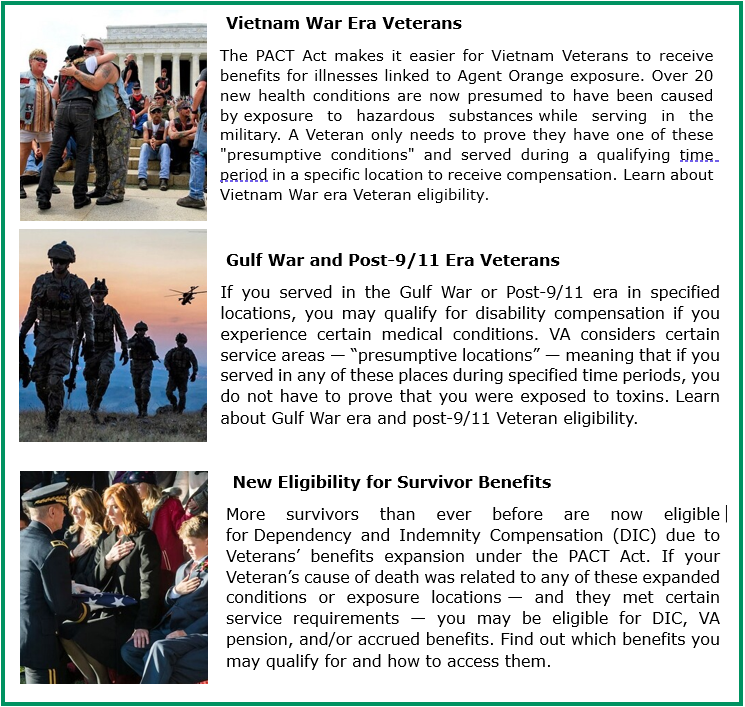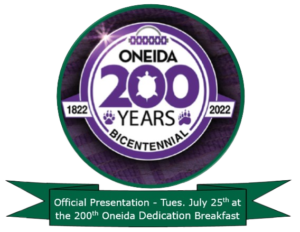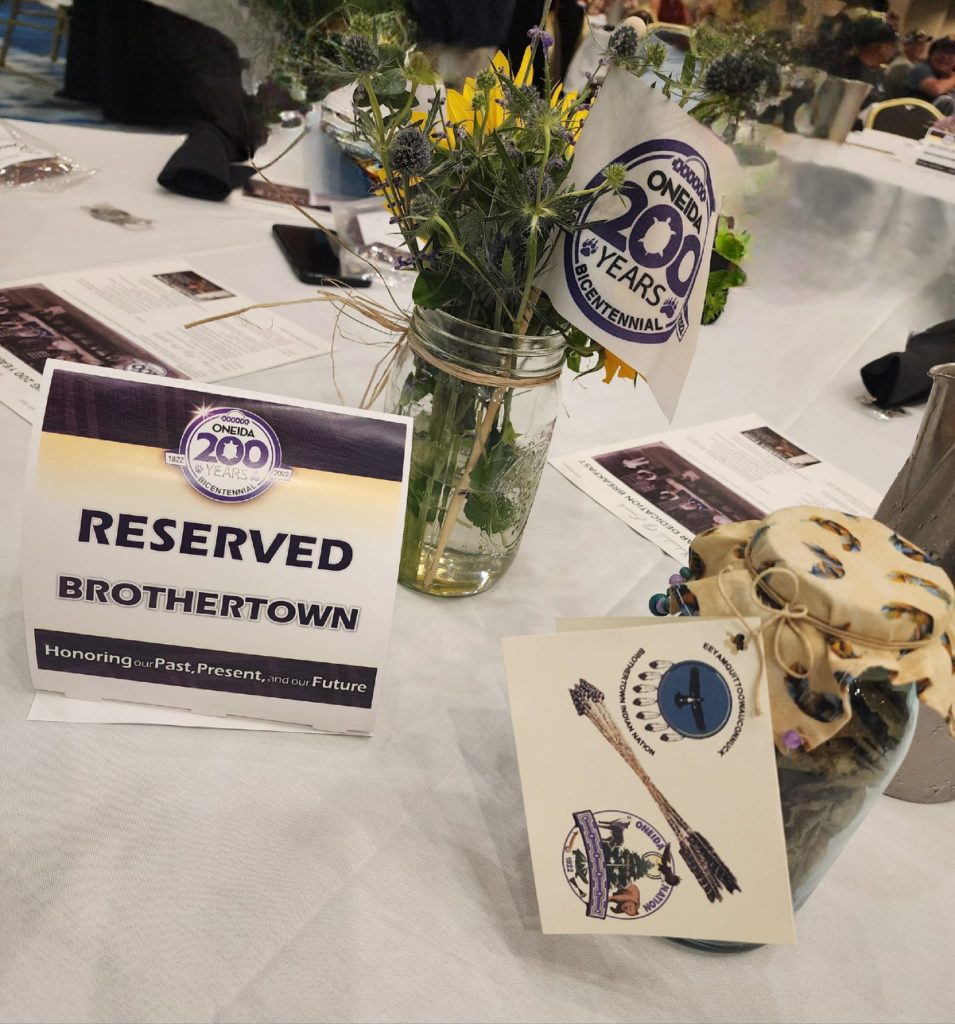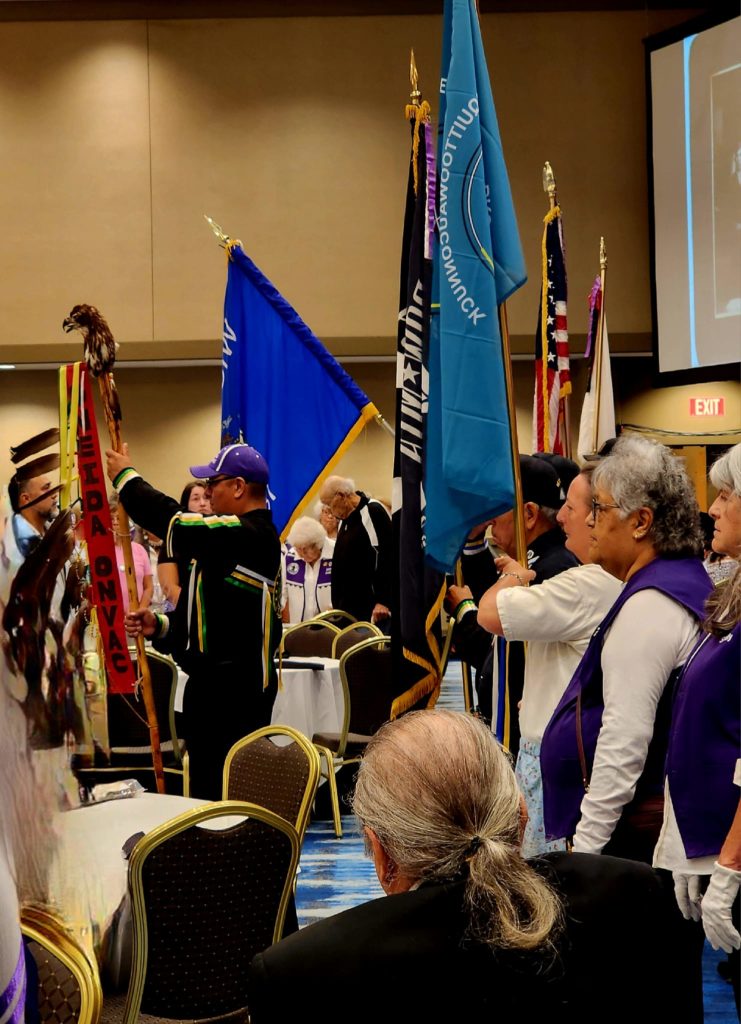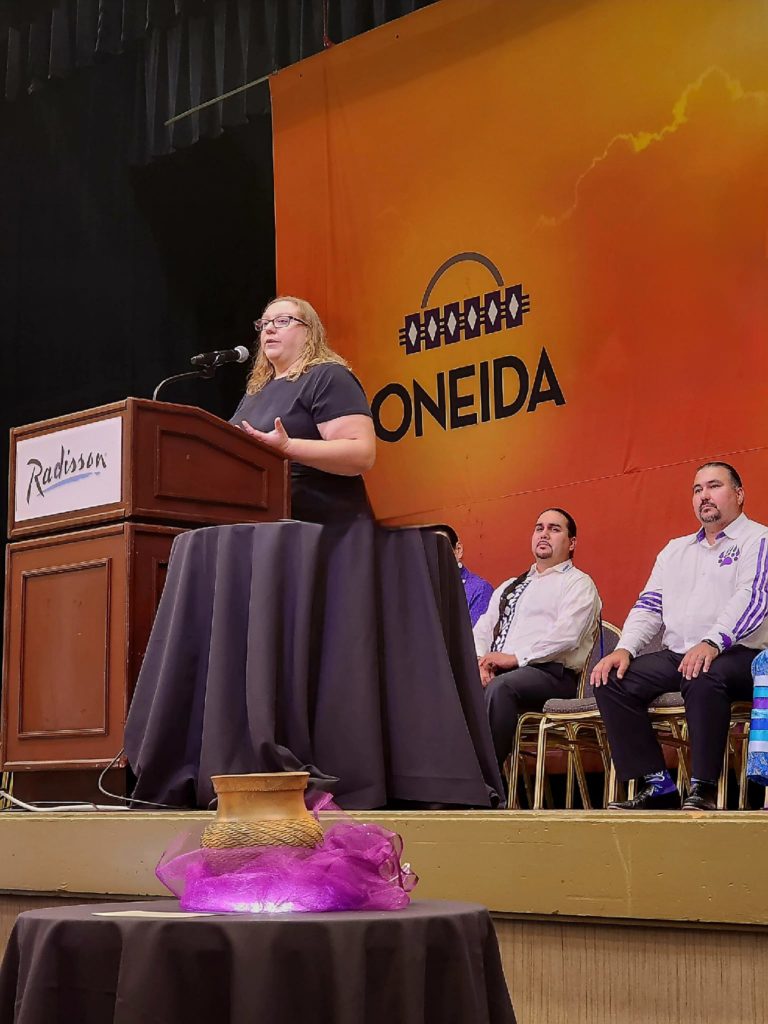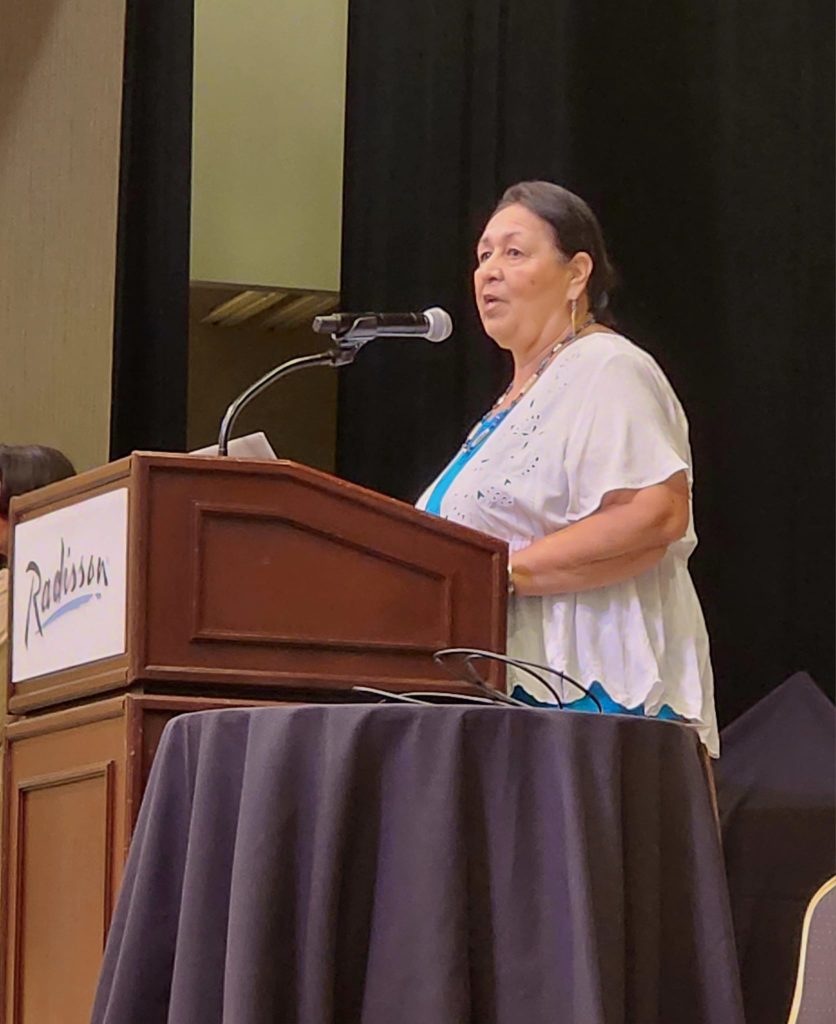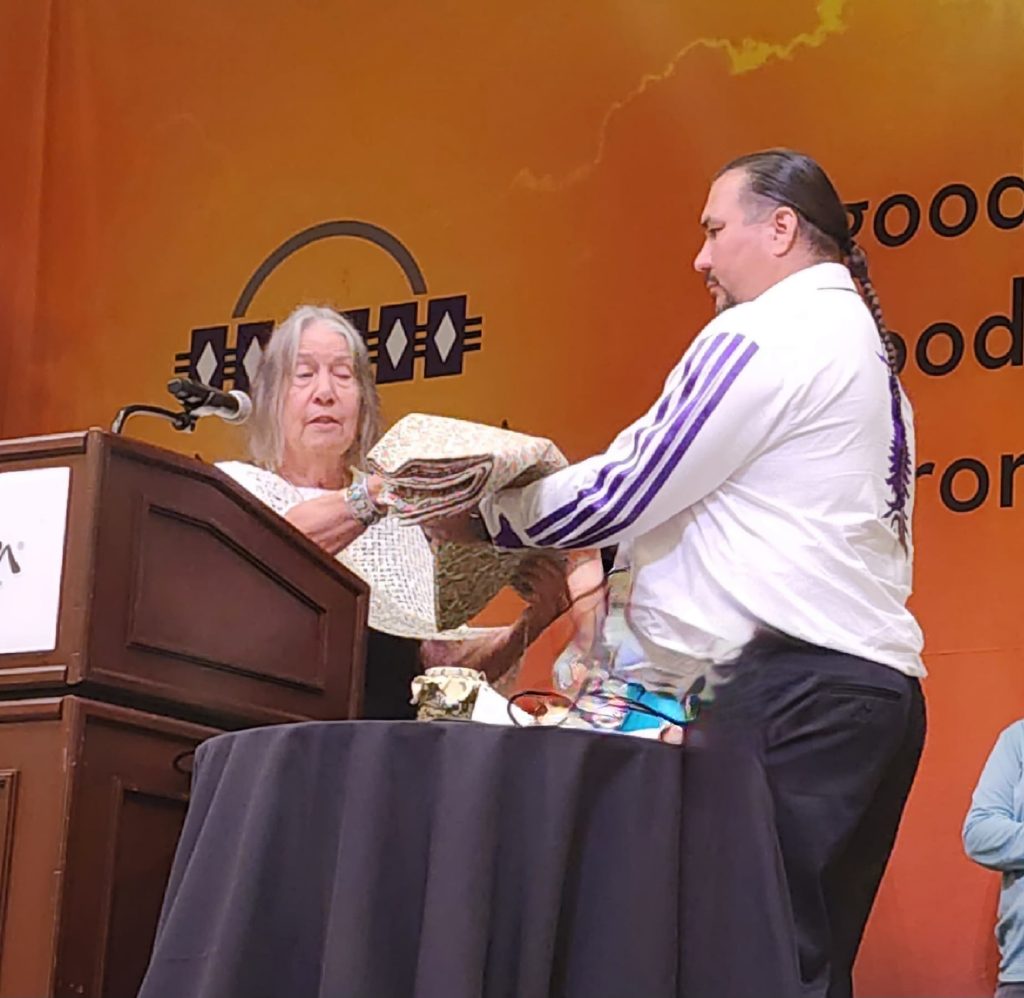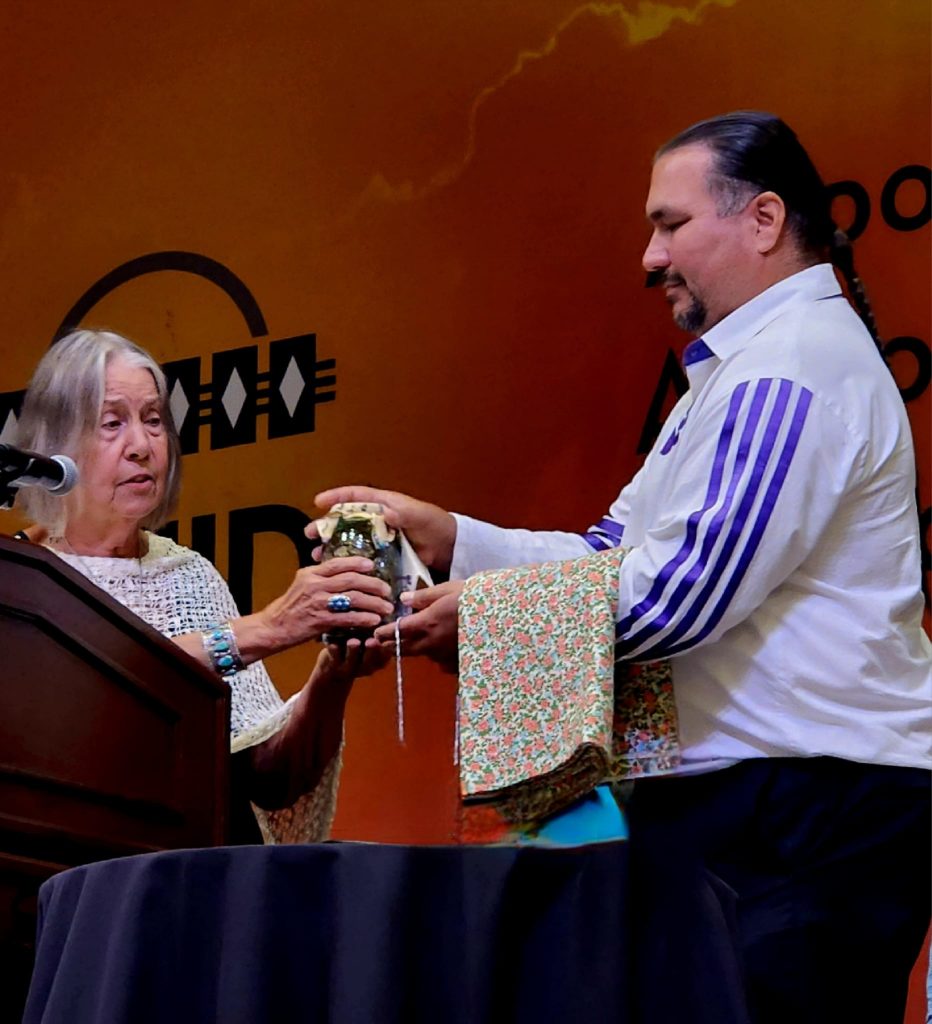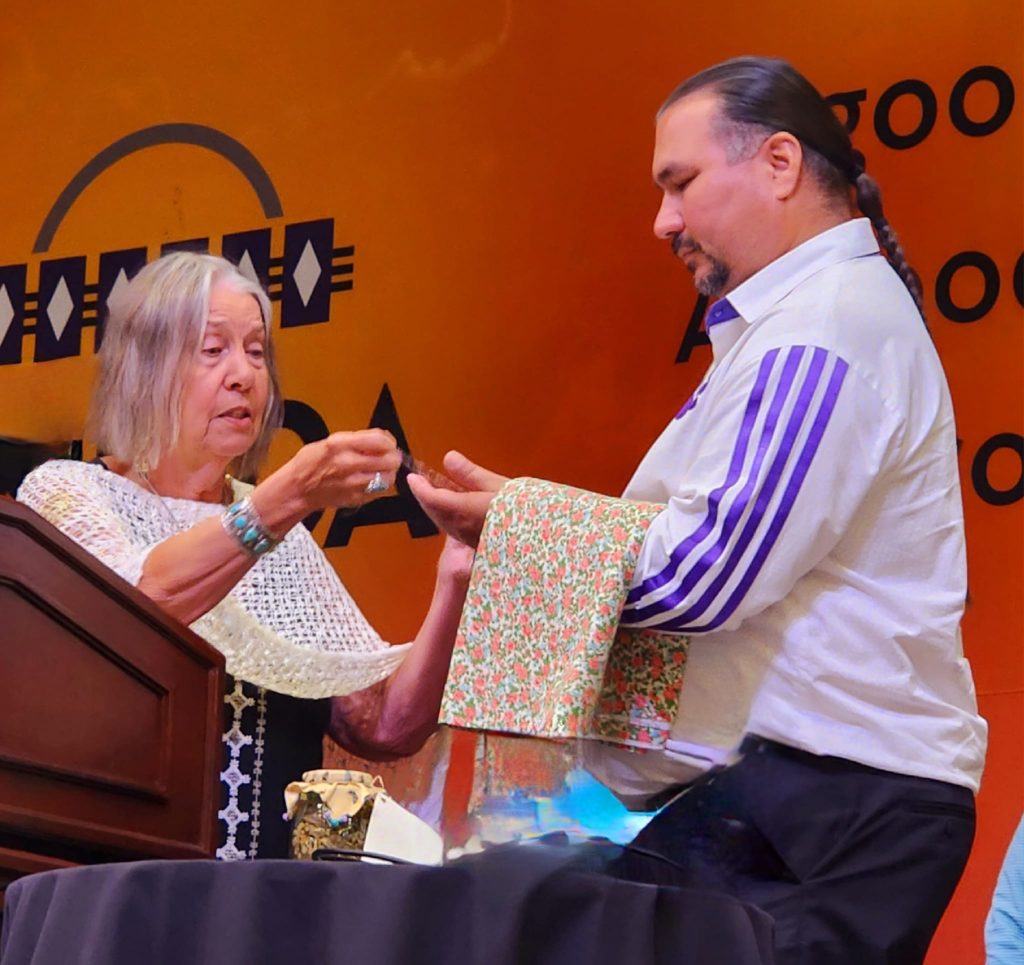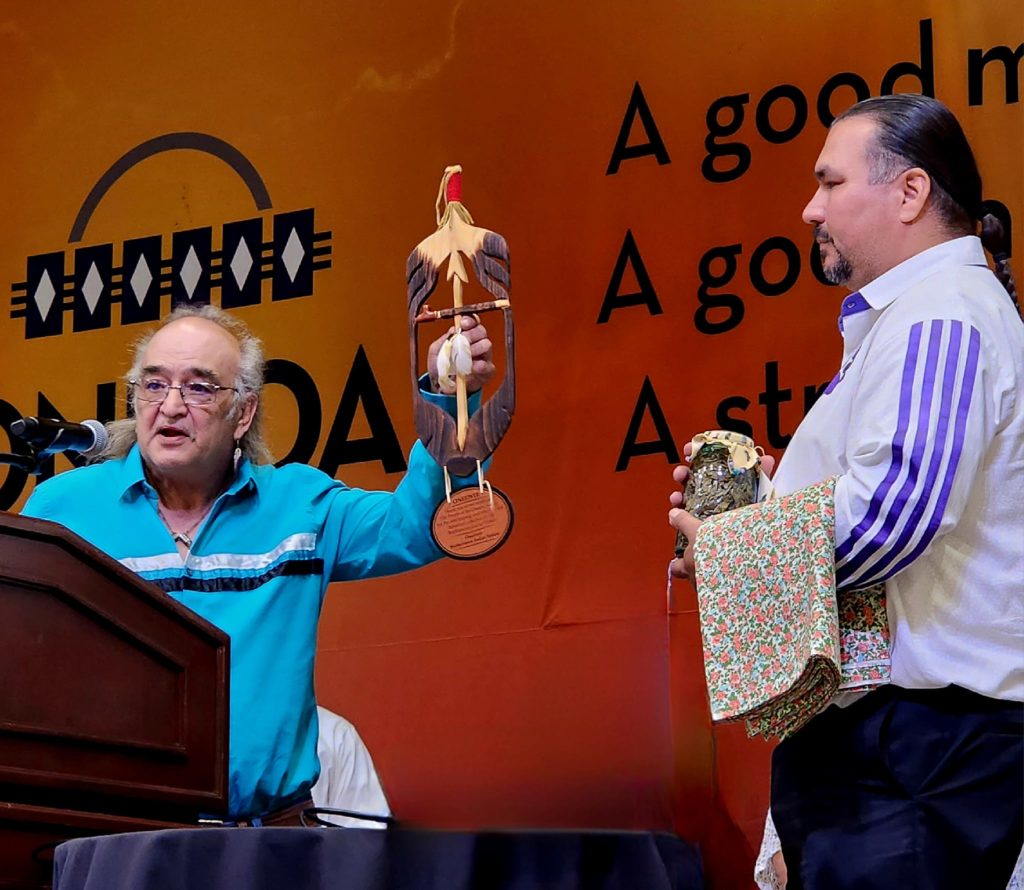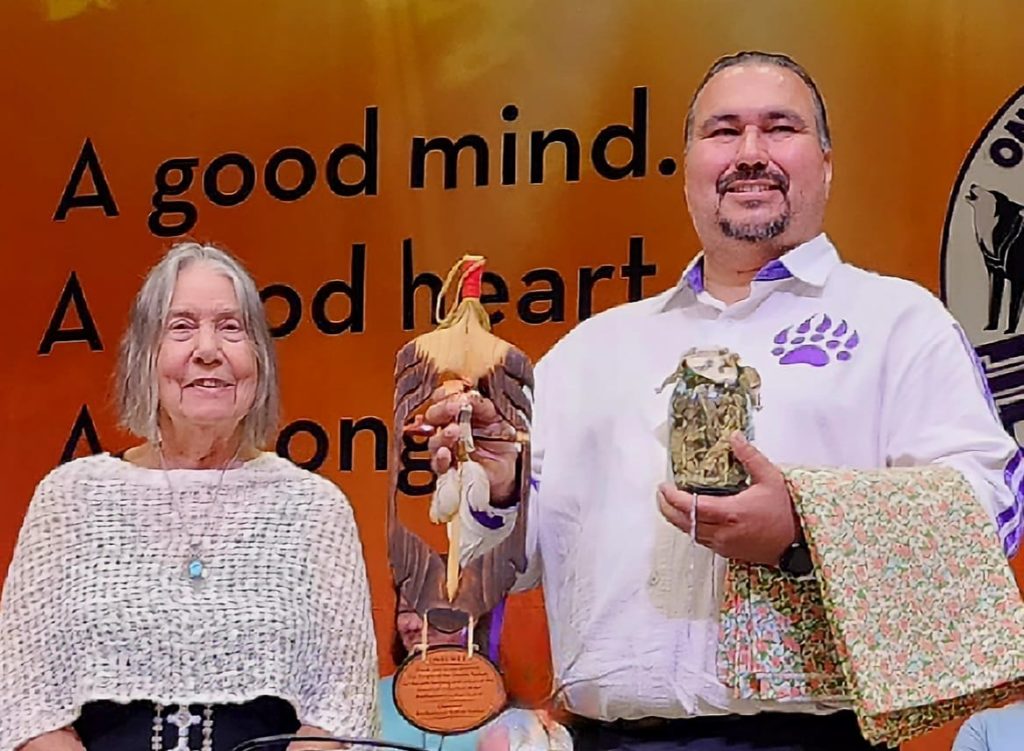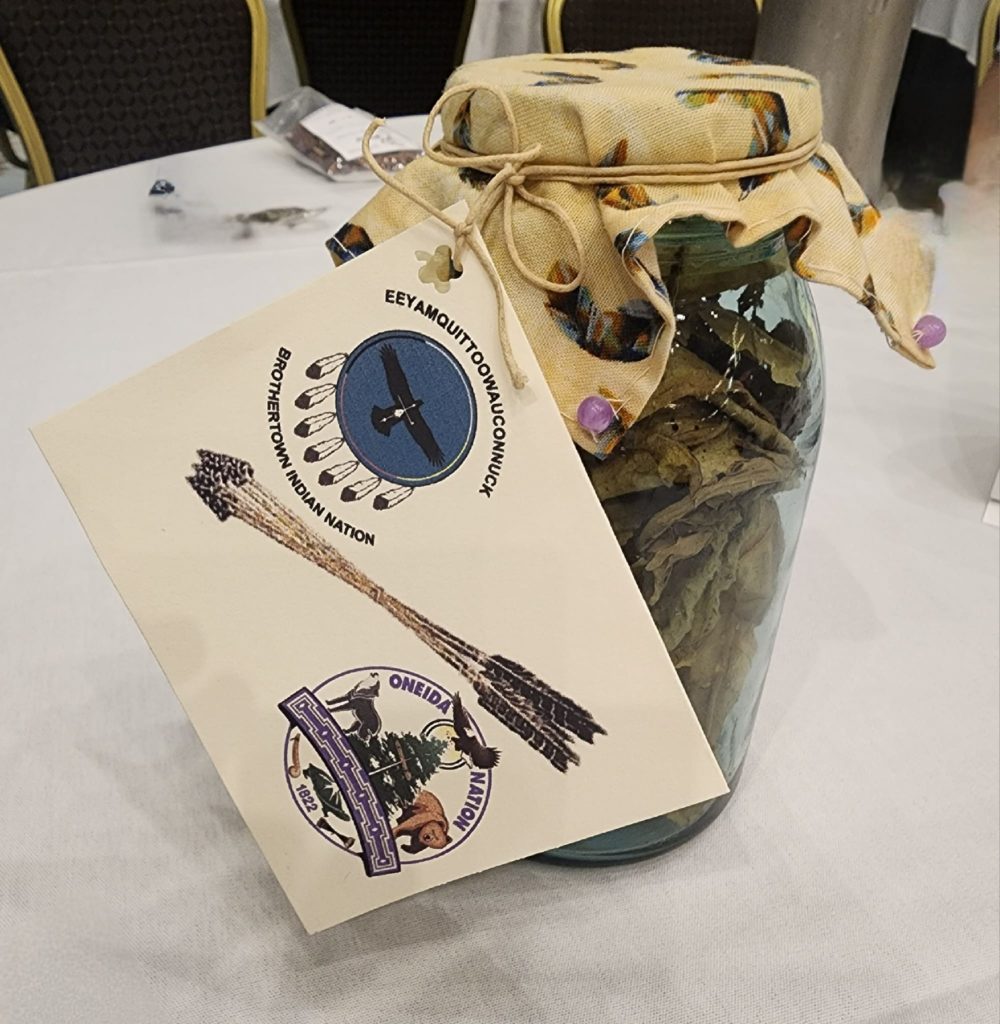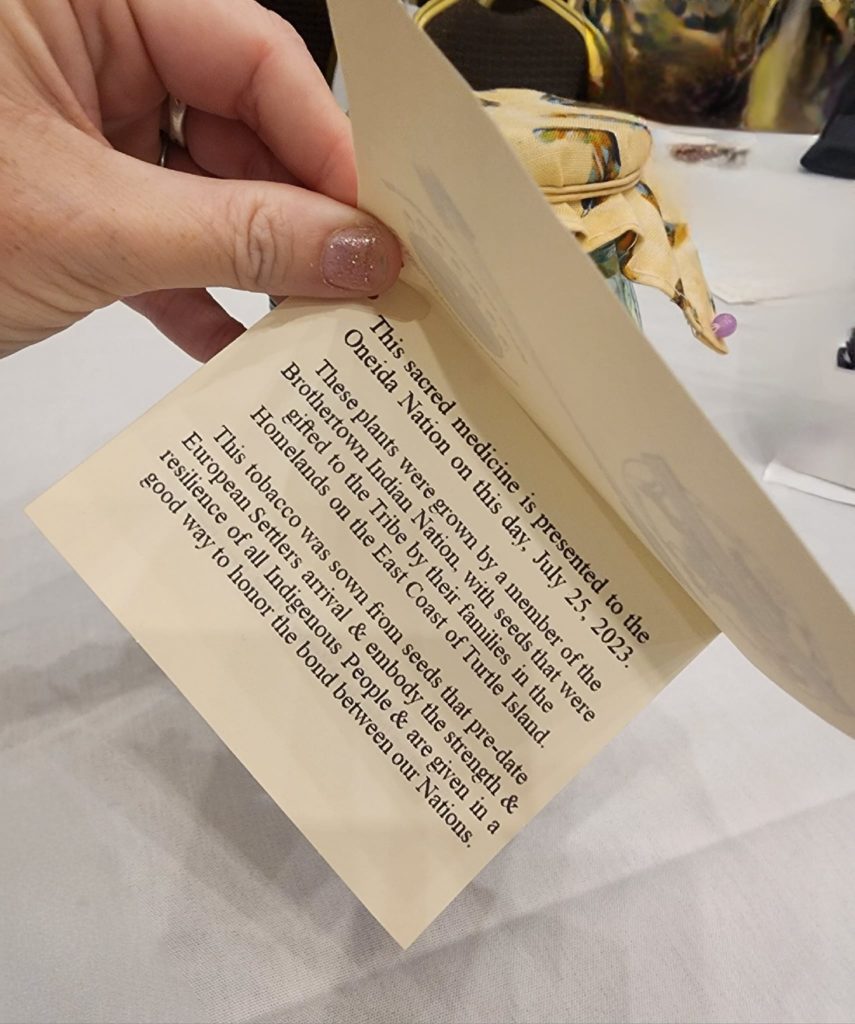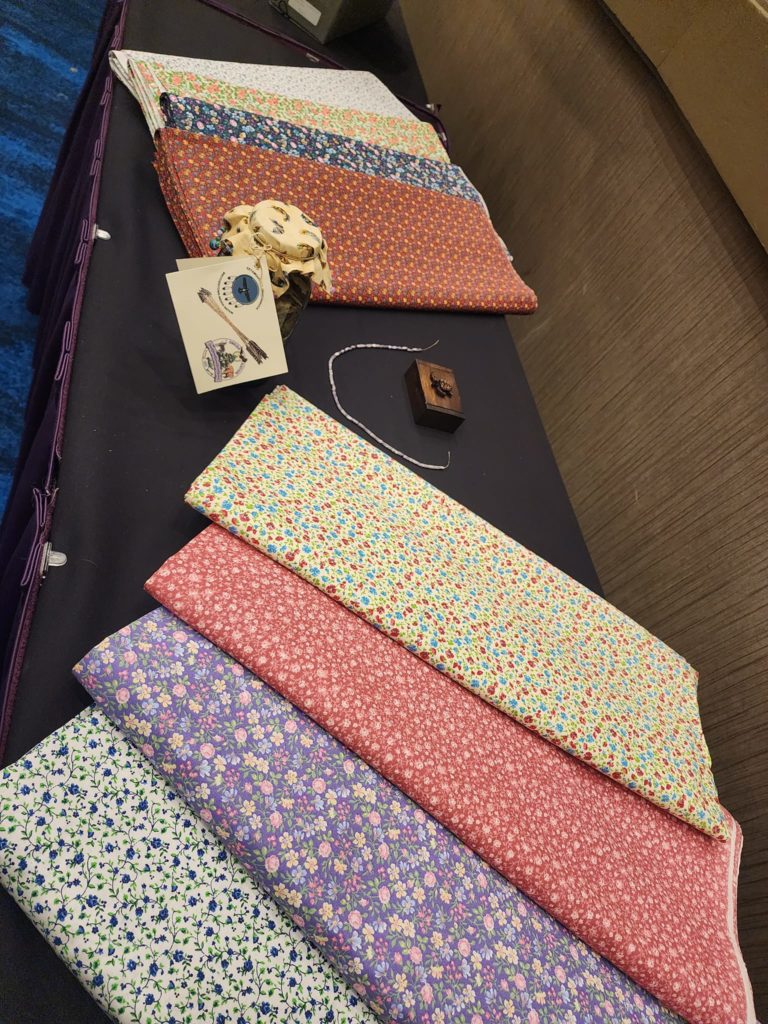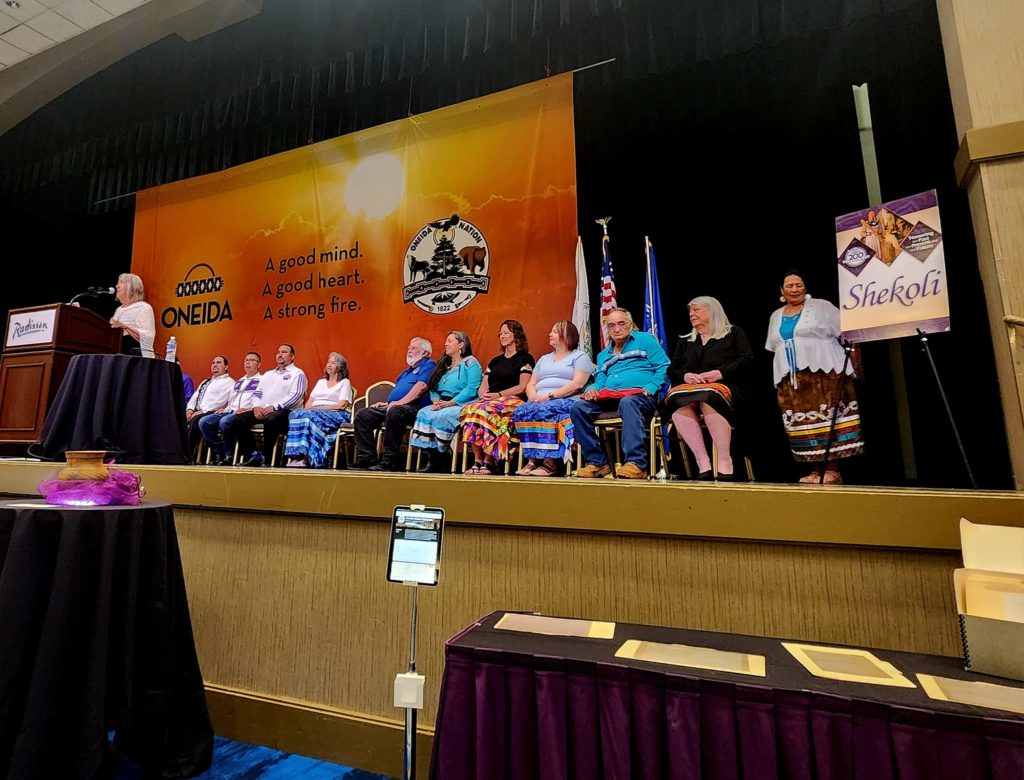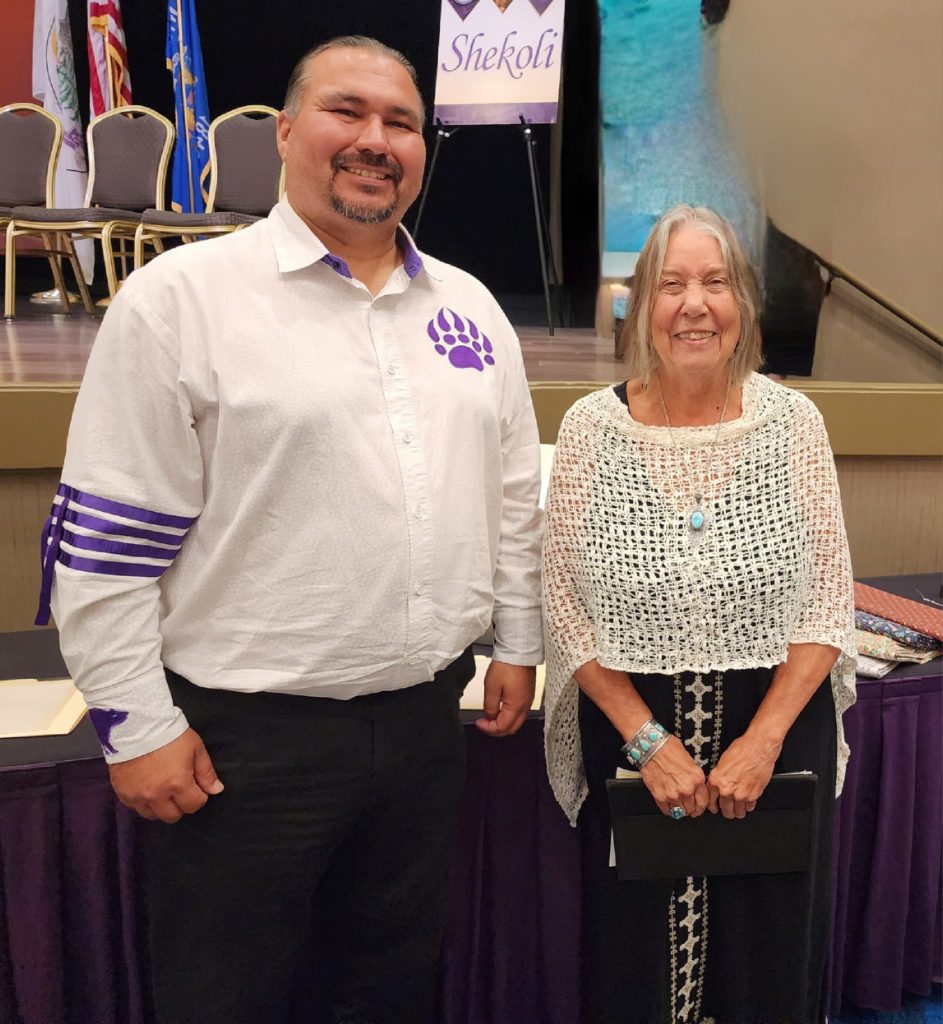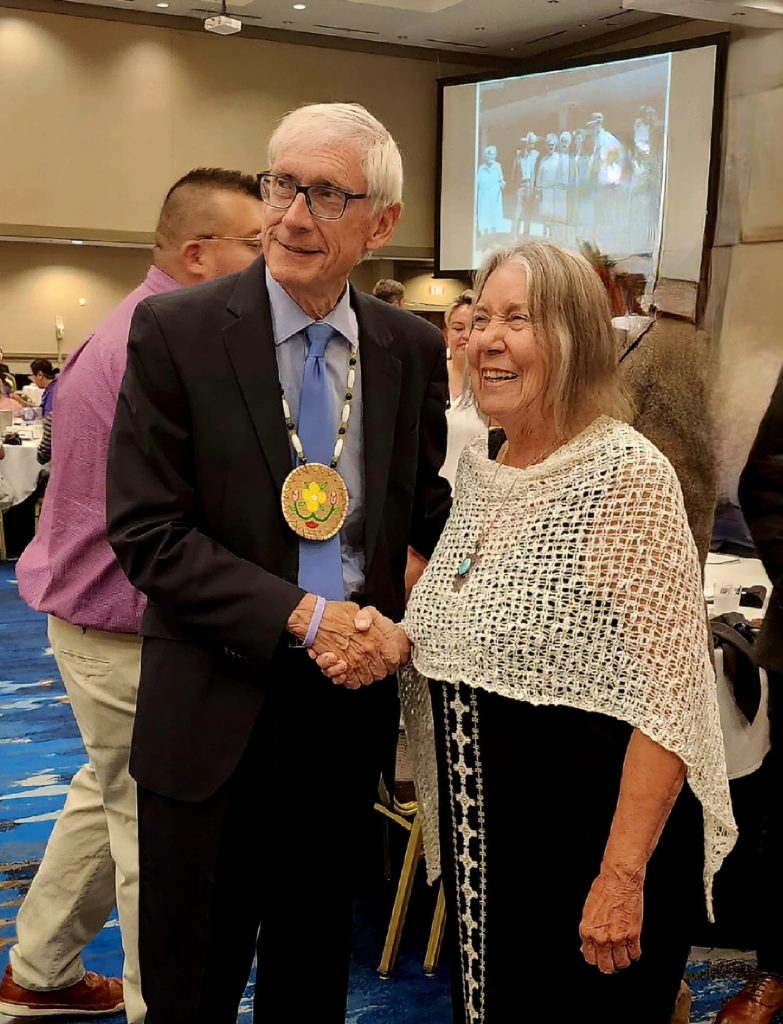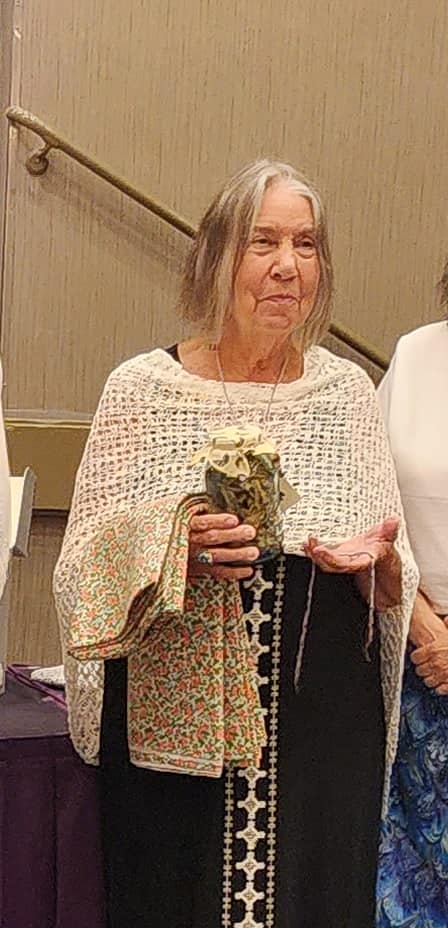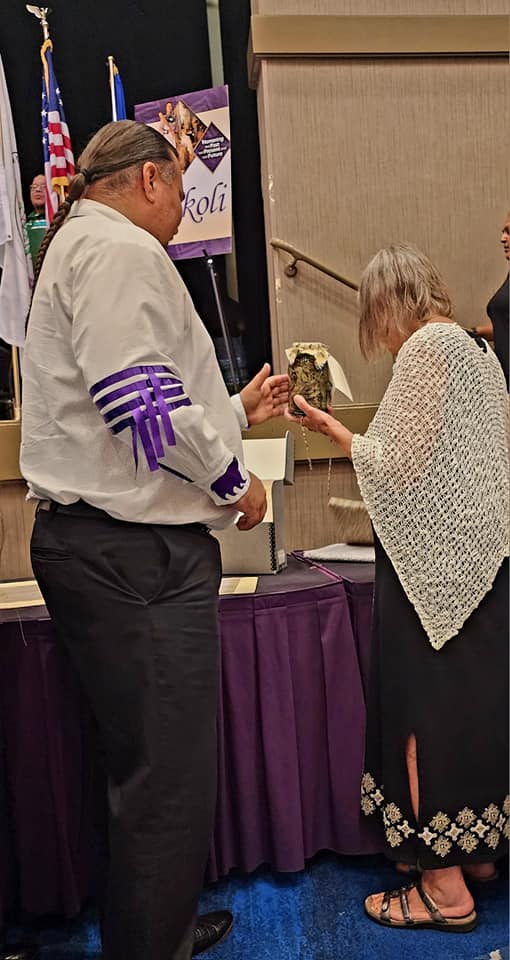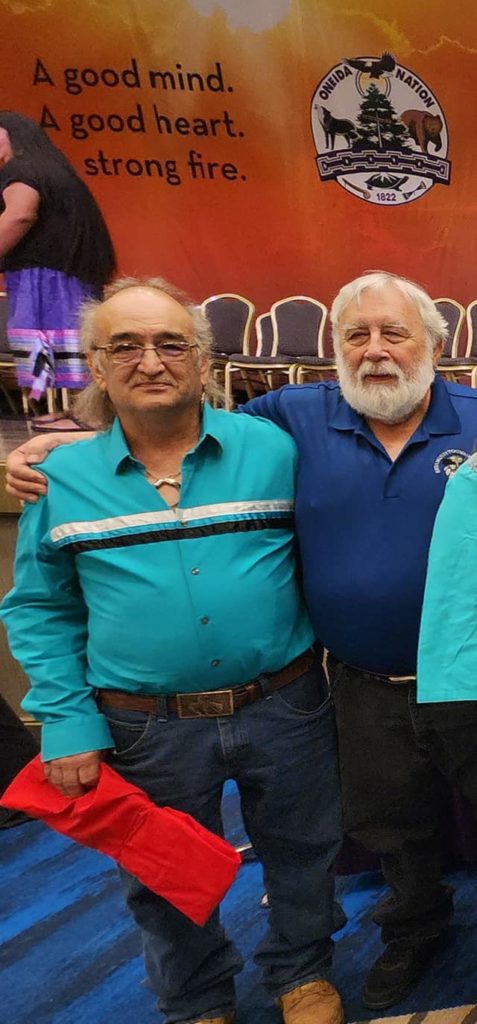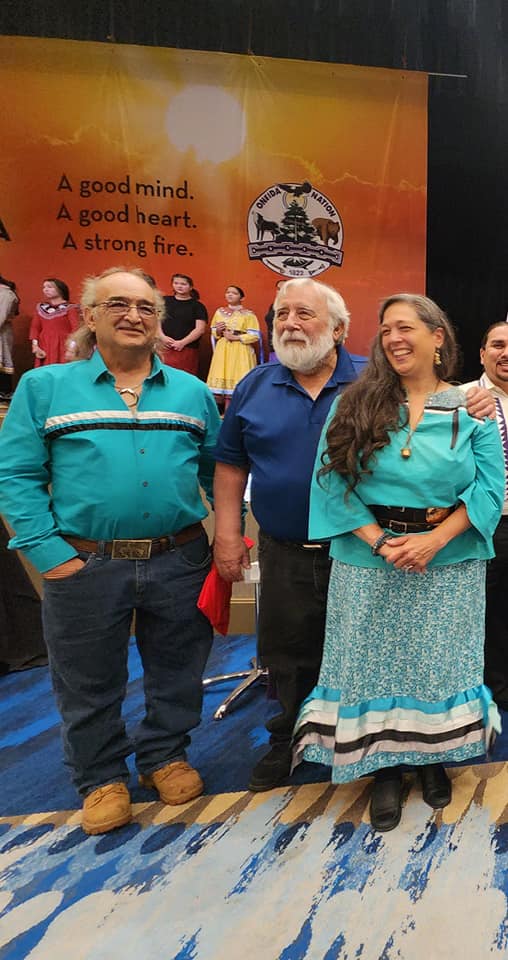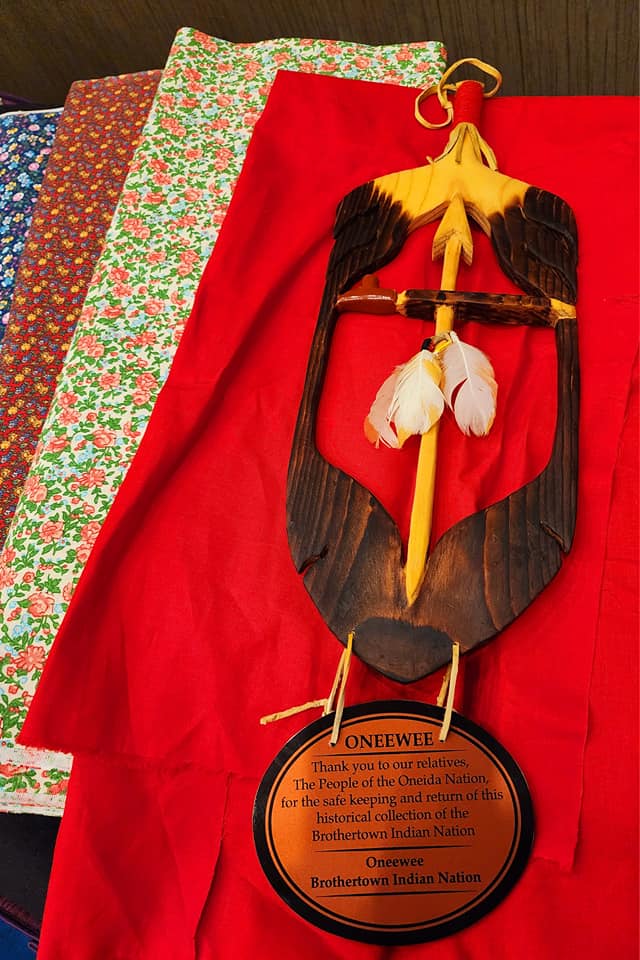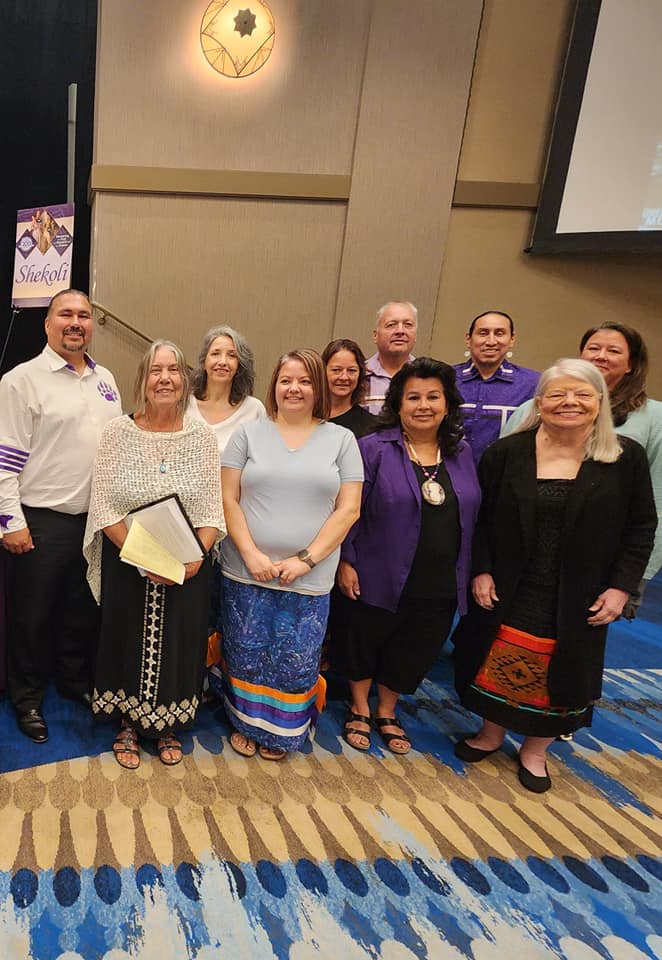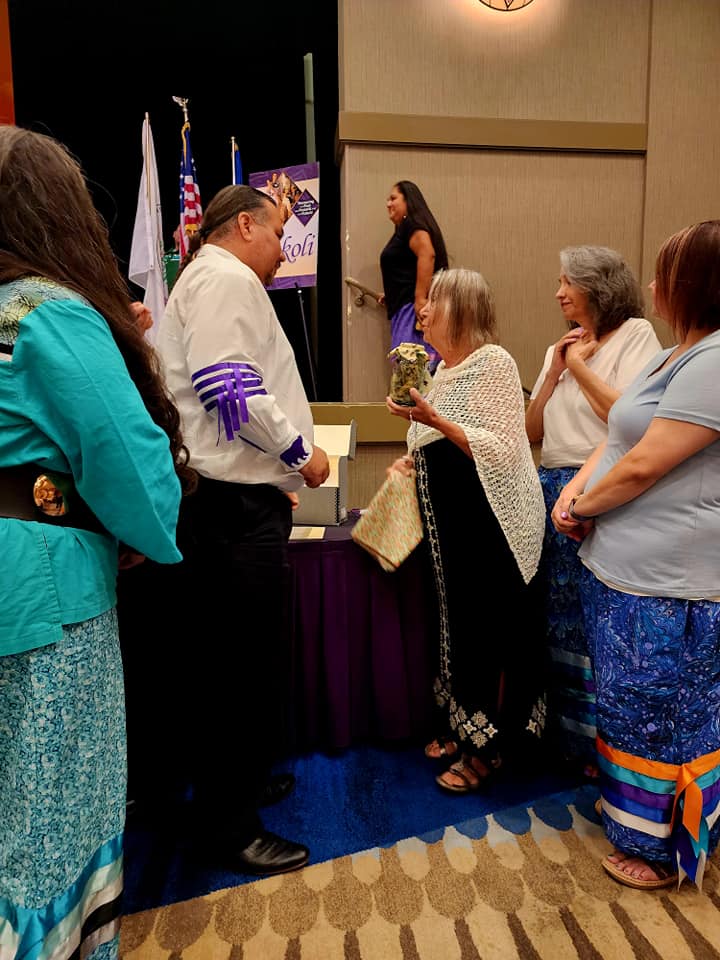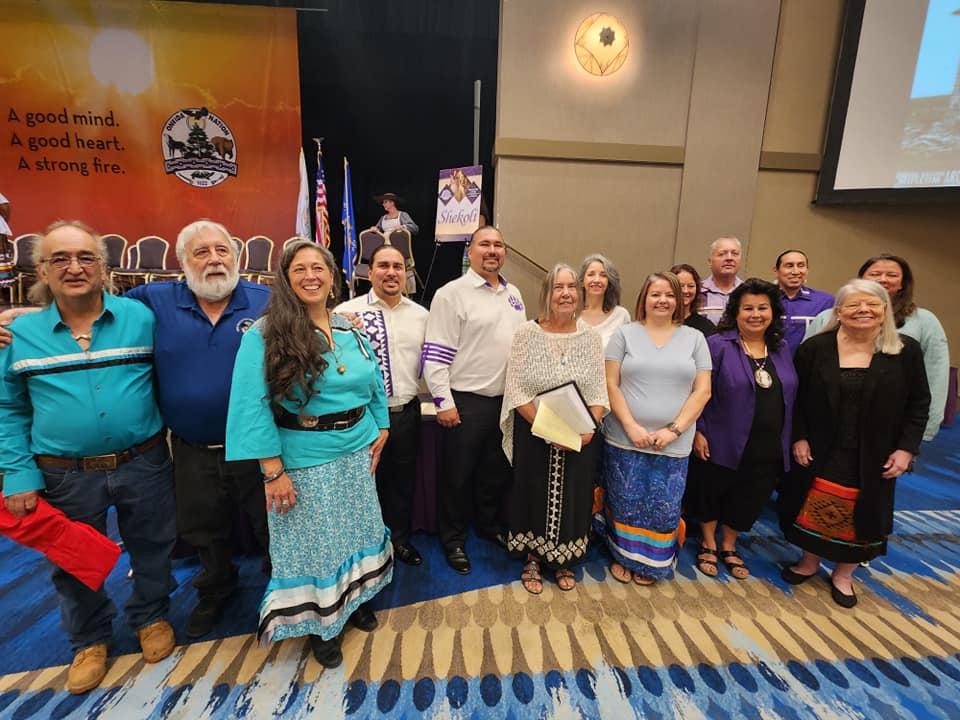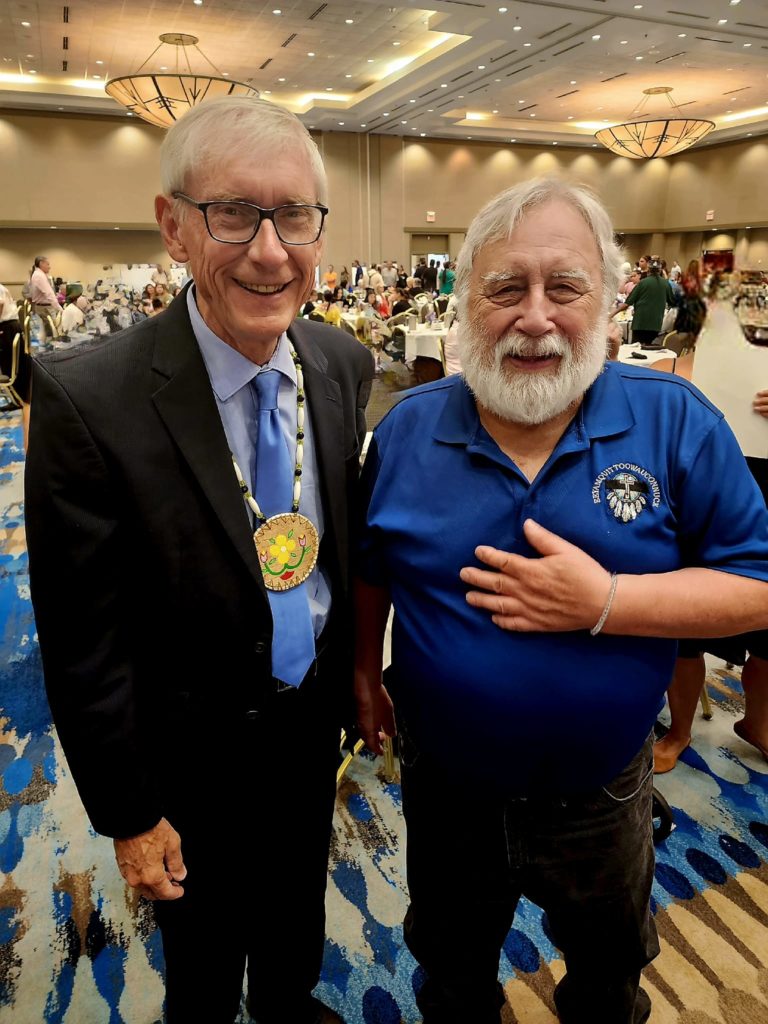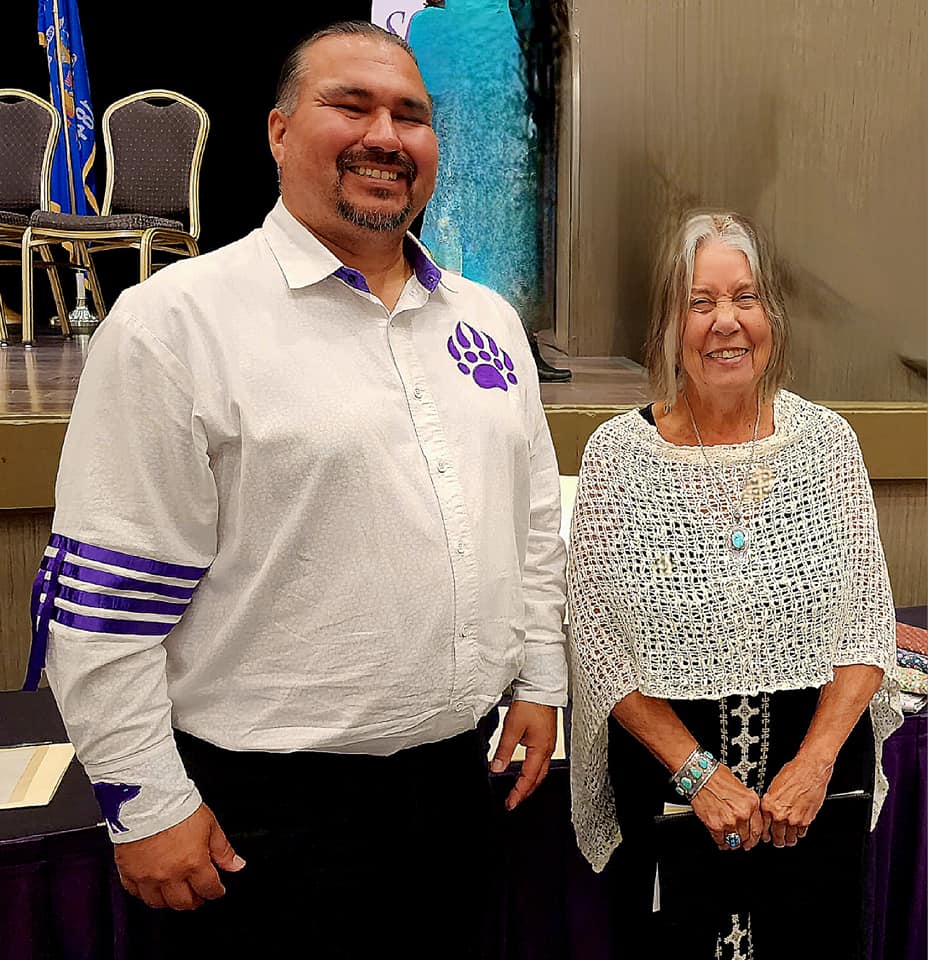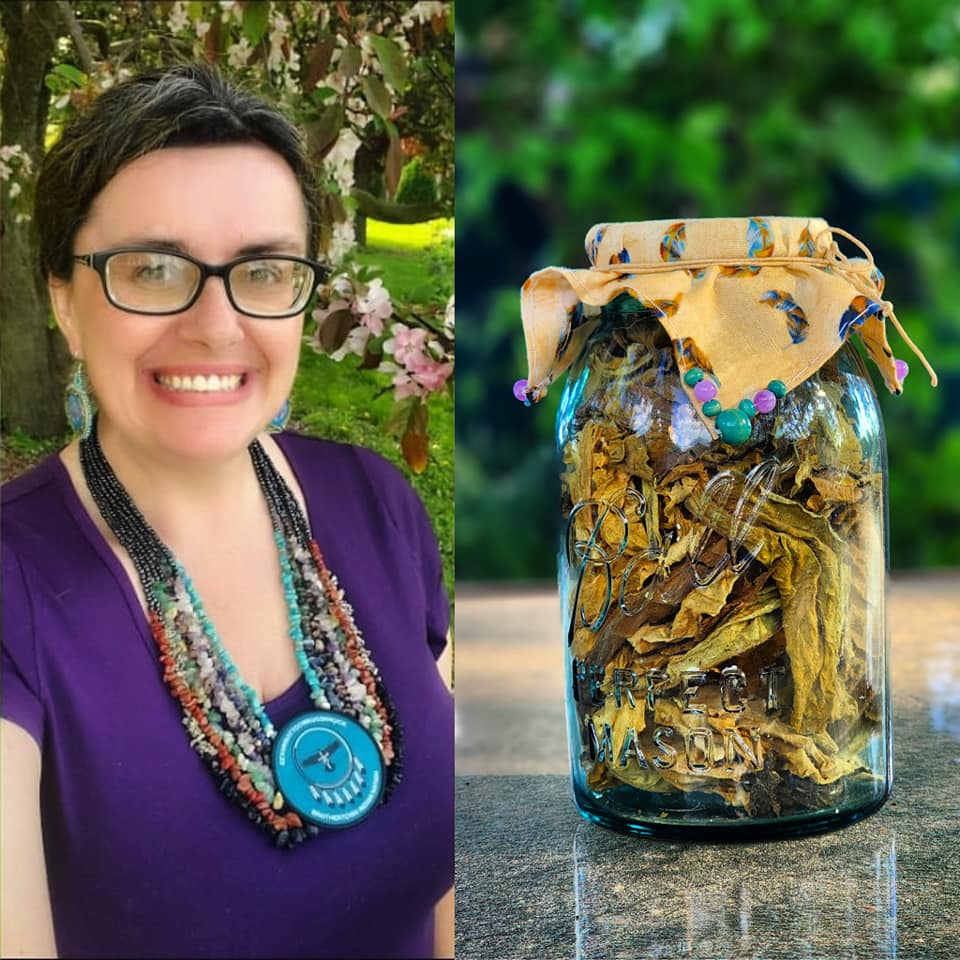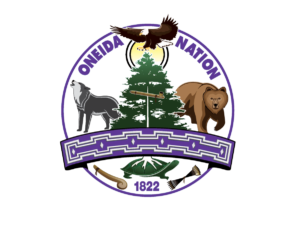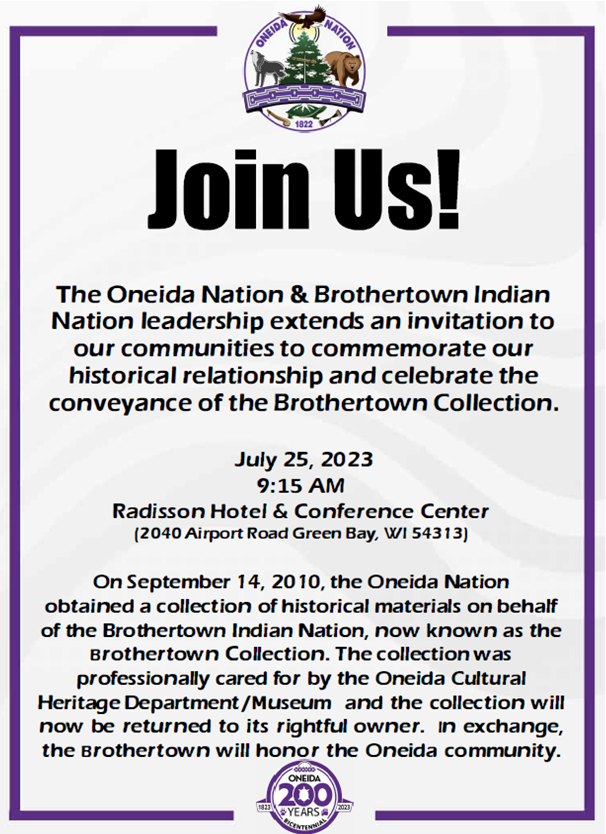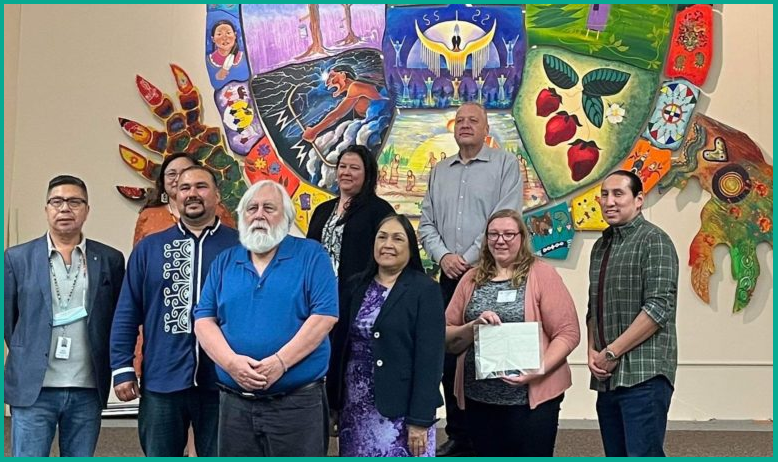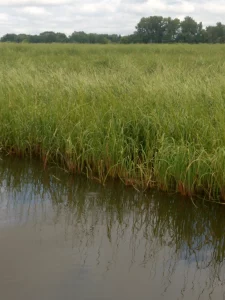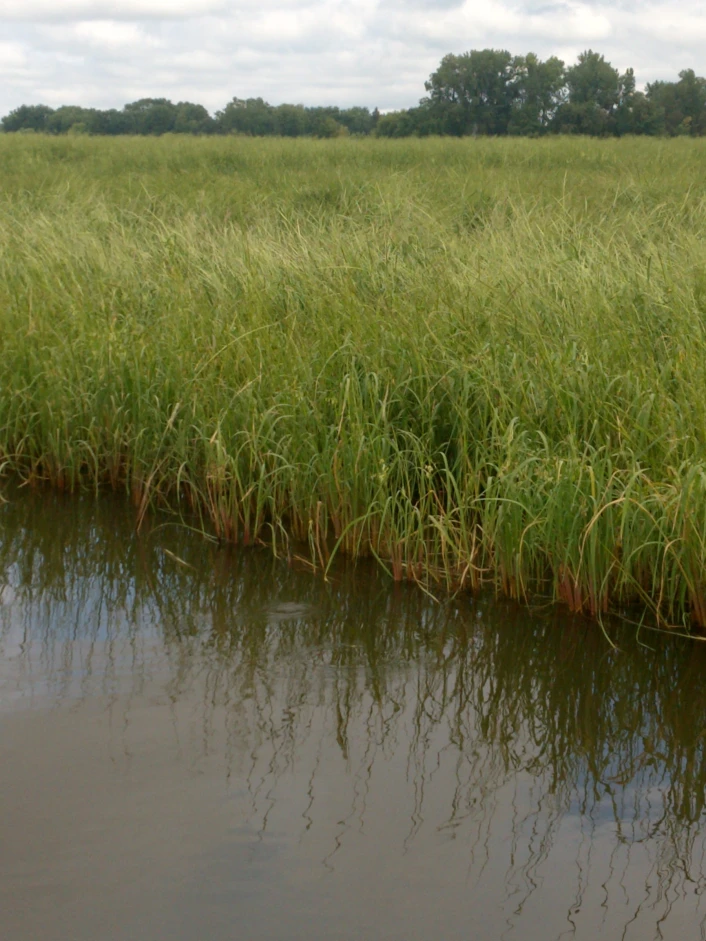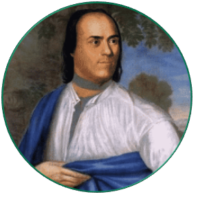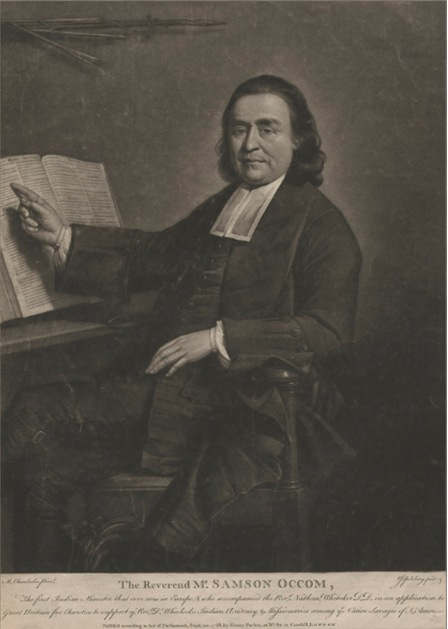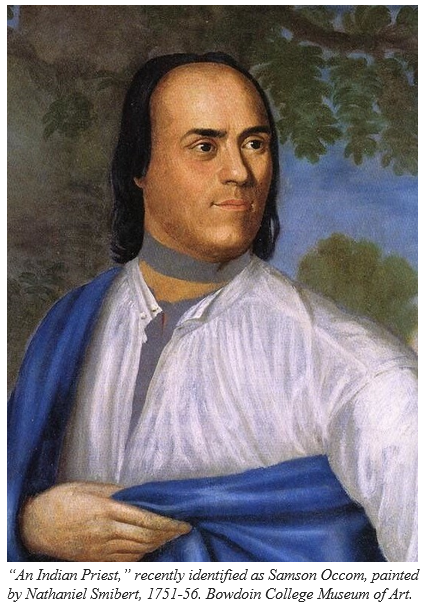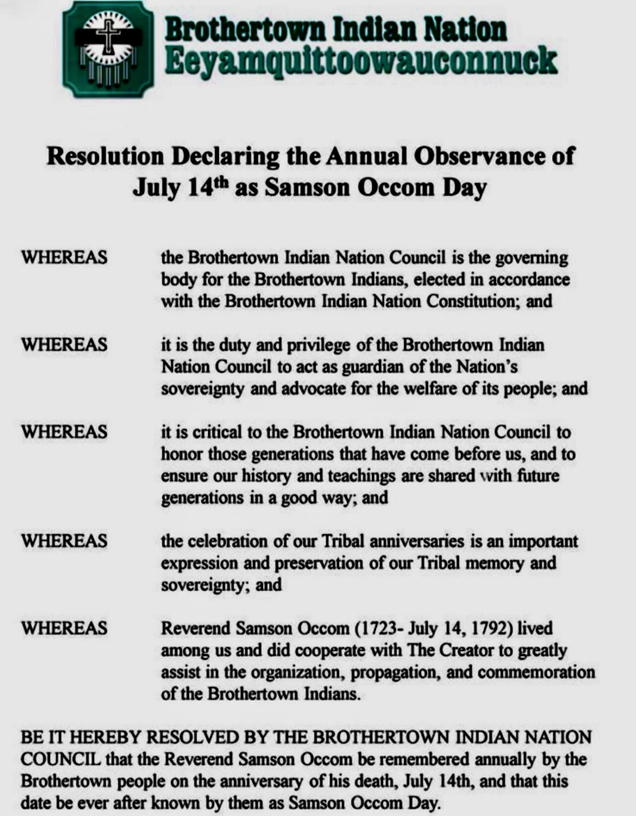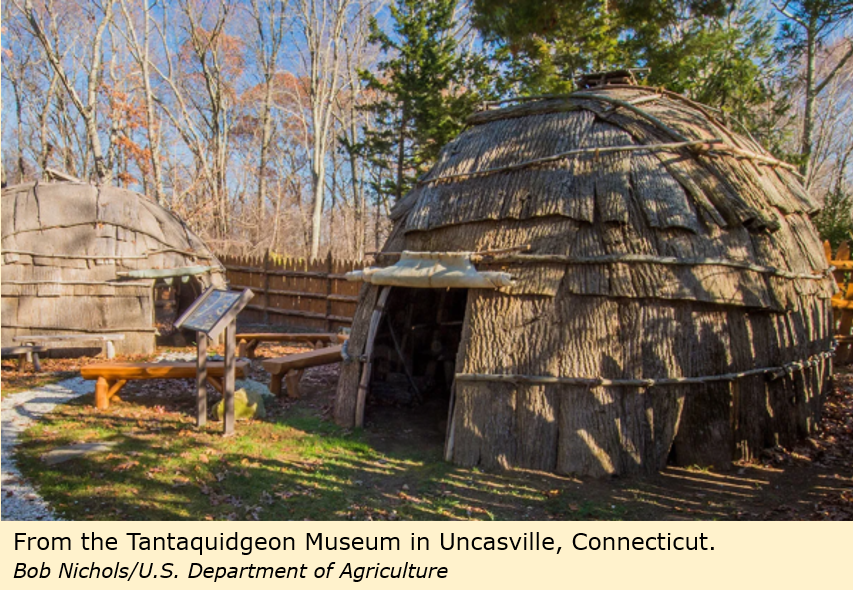2023 marks the 300th anniversary of the birth of Samson Occom and the 4th annual tribal celebration of “Samson Occom Day” on July 14. This Brothertown holiday was established in June of 2020 by the Nation’s Council at their monthly meeting. The resolution, which passed unanimously, cites, in part, the Reverend Occom’s sizable role in the organization and the propagation of the Brothertown tribe.
Samson Occom (Mohegan/Brothertown) was born in a wigwam (see right) in present day Connecticut in 1723. He converted to Christianity in his late teens, received an education through the Reverend Eleazar Wheelock and went out among his brethren with the dual intent of converting and educating them.
In December of 1765, in an effort to serve his people and answer what he felt was God’s call, Occom sailed to England to raise funds for Eleazar Wheelock’s Indian Charity School. He spent over 2 years preaching and raising money in Britain where he was well received and helped to collect, by today’s standards, the equivalent of about 2 million dollars.
When he returned to America in 1768, Occom found that Wheelock, instead of living up to his promise to care for Occom’s wife and children in his absence, had left them destitute. Later, the school he had helped to raise funds for and expected to be built in Connecticut and educate Indians, was moved to New Hampshire, and educated mainly whites. Occom felt this was a serious misuse of the funds donors had entrusted to him and a rift began between he and his mentor that never healed before Wheelock’s death.
Toward the end of his life, Occom was involved in the formation of a new tribe formed from portions of seven Native communities in New England. This new tribe began in New York on land given them by the Oneida. Occom noted in his journal entry of November 7, 1785, “…we named our town by the name of Brotherton, in Indian Eeyawquittoowauconnuck.”
Occom died on July 14, 1792, but his contributions continue to be felt to this day. His hymns are still sung, he is honored with a feast day among the Brothertown Indians and in the Episcopal Church, his numerous journals, letters, and sermons are studied in countless colleges and universities, and several Native American tribes have been helped by his writings in their re-recognition process. He was an integral part of the founding of Dartmouth College (the school created with the funds he helped raise), father of numerous descendants, and a co-founder of the Brothertown Tribe.
A few links to read in celebration of our great ancestor whom we owe so much to...

